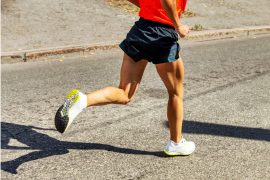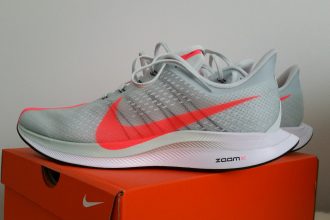In a pioneering study published on March 5th, 2024, in Frontiers in Sports and Active Living, a collaborative effort between French and British researchers, including members from CNRS, has introduced an innovative mathematical model that promises to revolutionize how athletes approach their running training. This model, developed through meticulous analysis of high-caliber athletes’ performances, offers new insights into the intricate dance of physiological and psychological factors influencing running efficiency.
A Leap in Performance Analysis
The heart of this research lies in its detailed examination of elite runners’ performances, including Matthew Hudson-Smith and Femke Bol (400m), Jakob Ingebrigtsen (1500m), and Gaia Sabbatini (1500m), observed during pivotal European Athletics Championships.
Through this lens, the model embarks on an unparalleled exploration of how to fine-tune running performance by addressing the optimal control of finishing time, exertion levels, and energy output.
The Role of Motor Control
A novel aspect of this research is its incorporation of motor control variability—essentially, the brain’s influence on movement production—into performance modeling.
This approach has enabled a deeper understanding of physiological parameters like oxygen consumption (VO2) and energy usage during races, offering a granular view of how these elements fluctuate and interact.
Strategies for Optimal Performance
The study sheds light on several key strategies for enhancing running efficacy. Notably, it emphasizes the importance of a rapid start and the critical nature of maintaining speed in shorter races, such as the 400m dash.
For longer distances, like the 1500m, the focus shifts towards bolstering aerobic metabolism and sustaining VO2 levels, underscoring the diversity of approaches needed across different race lengths.
A Milestone in Sports Science
This model stands as a significant advancement in the realm of sports science, offering a fresh perspective on optimizing training regimes without the need for invasive in vivo measurements during high-stakes competitions.
By marrying mathematical precision with athletic performance, this research not only paves the way for athletes to achieve their best but also enriches our understanding of the complex variables at play in the pursuit of running excellence.
Read more: New Study Shows that Intensive Physical Activity is Key to Better Health





